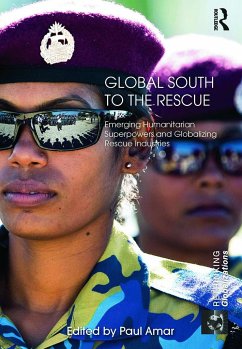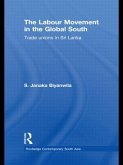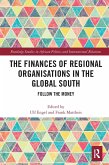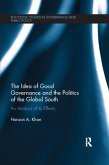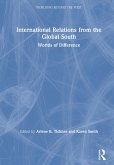This book provides the first comprehensive analysis of an epochal shift in global order - the fact that global-south countries have taken up leadership roles in peacekeeping missions, humanitarian interventions, and transnational military industries: Brazil has taken charge of the UN military mission in Haiti; Nigeria has deployed peacekeeping troops throughout West Africa; Indonesians have assumed crucial roles in UN Afghanistan operations; Fijians, South Africans, and Chileans have became essential actors in global mercenary firms; Venezuela and its Bolivarian allies have established a framework for "revolutionary" humanitarian interventions; and Turkey, India, Kenya, and Egypt are asserting themselves in bold new ways on the global stage. In this context, this collection sheds critical light on intersections between imperialism and humanitarianism, between neoliberal globalization and "rescue industry" transnationalism, and between patterns of geopolitical hegemony and trajectories of peacekeeping internationalism. These case studies are grouped into three clusters (I) Globalizing Peacekeeper Identities, (II) Assertive "Regional Internationalisms," and (III) Emergent Alternative Paradigms. Together, these articulate a new research agenda and offer significant contributions to fields of global studies, transnational gender and race studies, critical security studies and peace studies, comparative politics, police and military sociology, Third World diplomatic history, and international relations. This book was published as a special issue of Globalizations.
Hinweis: Dieser Artikel kann nur an eine deutsche Lieferadresse ausgeliefert werden.
Hinweis: Dieser Artikel kann nur an eine deutsche Lieferadresse ausgeliefert werden.

